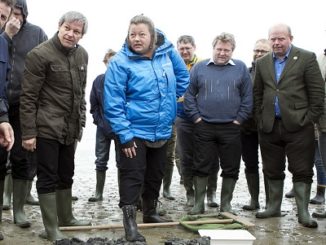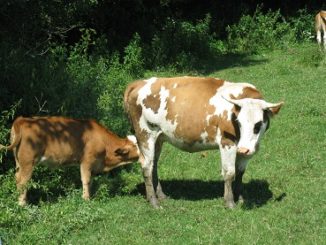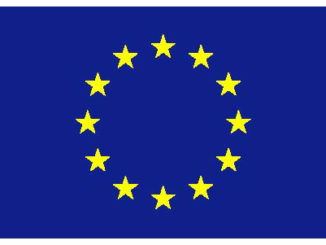‘CAP at the heart of Europe’

On January 24th, full of energy and with a positive approach, Danish Farm Minister and President-in-office of the Agriculture and Fisheries Council, Mette Gjerskov, presented the Presidency Work Programme for the next six months to the European Parliament. Speaking on the CAP, she highlighted the role of the policy in the making of the EU and the importance of agriculture for Europe, as well as the historic decision-making process that will take place in this round of reform.
In the speech to MEPs, she said the Danish Presidency will set a pro-active agenda for green and sustainable growth, with a goal of creating growth without increased resource and energy consumption: ‘I know it is a challenge’ she said ‘but it is possible and we have to do it.’
Stating it was too early to go into too much detail on key elements of reform, she stressed four ‘general’ points:
- the need for a simplified policy and reduced bureaucracy,
- the emphasised element of greening as the future for growth, exports and jobs,
- the positive contribution that can be made to fostering production methods that protect the environment and fight climate change,
- the need for policy coherence in trade and development.
‘Greening is the future’
Not neglecting the need for cost effective solutions and still taking competition in business into account, Mrs Gjerskov stated that promoting green growth is ‘essential for future prosperity, future development and employment in Europe’. The role of innovation and new production methods was also outlined if Europe is to become ‘part of solution not part of the problem’. The potential and possibilities created by organic farming were suggested as a way to ensure high value and high quality food, increasingly being demanded by citizens, and to secure green growth.
Food quality was one of a number of topics (and ongoing dossiers) on which the Danish presidency briefly presented their view. Others included issues linked to human health, in particular anti-microbial resistance, and animal welfare. Reflecting a more democratic approach and support for citizen involvement in reform, the Minister made specific reference to the online petition to improve the welfare of animals being transported, which has been signed by more than a million people. This clear recognition of public opinion and participation creates potential for similar demands for banning GMO.
‘Common ground and common solutions’

To conclude, Mette Gjerskov stated that the Danes were looking forward to close collaboration between the Parliament and the Council, working together ‘to find common ground to common solutions’. She said they would do all they could to bring about a sound dialogue among institutions. How this dialogue plays out will be interesting to watch – particularly the visibly interesting dynamic between the Chair of COMAGRI, Paolo de Castro and the new President in town: At one point during the presentation, the Minister paused to jokingly ask him why he was playing nervously with his hammer and gavel.
Watch the full speech here: http://www.europarl.europa.eu/ep-live/EN/committees/video?event=20120124-1500-COMMITTEE-AGRI&vodtype=Vod




